Home>Articles>How Long Does Cooked Bacon Last In Refrigerator
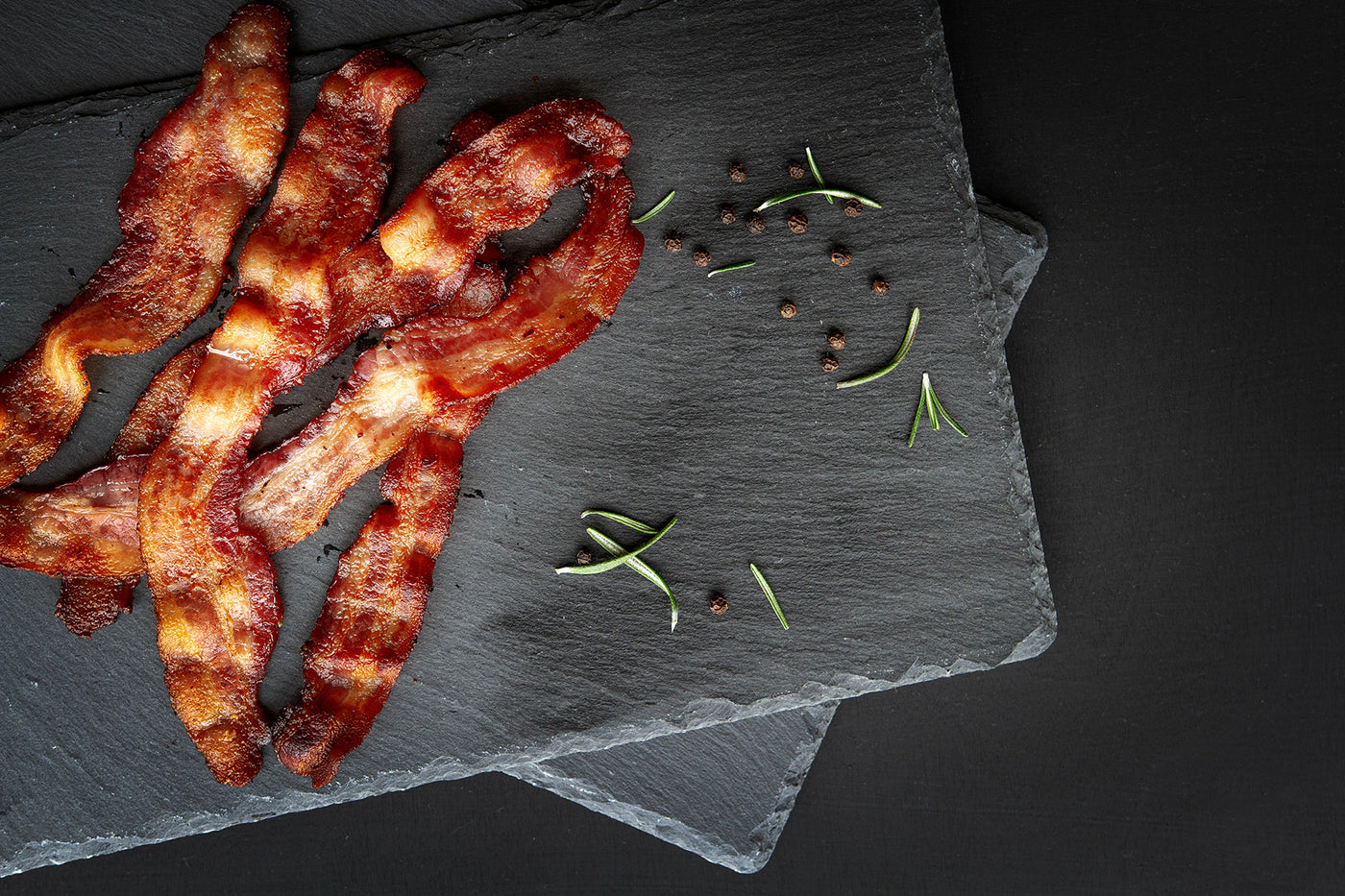

Articles
How Long Does Cooked Bacon Last In Refrigerator
Modified: February 26, 2024
Discover how long cooked bacon can stay fresh in the refrigerator and keep your articles on food storage up-to-date.
(Many of the links in this article redirect to a specific reviewed product. Your purchase of these products through affiliate links helps to generate commission for Storables.com, at no extra cost. Learn more)
How Long Does Cooked Bacon Last In Refrigerator
Bacon is a beloved breakfast food that many people enjoy. However, sometimes we end up making more cooked bacon than we can consume in one sitting. In these cases, it’s important to store the remaining bacon properly to ensure its freshness and safety. But how long does cooked bacon actually last in the refrigerator? Let’s explore the answer to this question and some tips to extend its shelf life.
Proper storage is key to preserving the quality of cooked bacon. After cooking, allow the bacon to cool completely before storing it in an airtight container or a resealable plastic bag. Make sure to remove any excess grease, as it can promote spoilage. Label the container with the date to track its freshness.
Several factors can affect the shelf life of cooked bacon. One of the primary factors is the temperature of your refrigerator. The cooler the storage temperature, the longer the bacon will retain its quality. It is recommended to set your refrigerator temperature between 32°F (0°C) and 40°F (4°C) to maximize the shelf life of cooked bacon.
The freshness of the cooked bacon also depends on how it has been handled. If the bacon has been left out at room temperature for an extended period, it is more likely to spoil quickly. Always keep in mind that bacteria, such as Clostridium perfringens, can multiply rapidly in cooked bacon when it is exposed to temperatures between 40°F (4°C) and 140°F (60°C).
Another factor to consider is the quality of the bacon before it was cooked. If the bacon was past its expiration date or had any signs of spoilage before cooking, it is more likely to spoil quickly even when stored properly in the refrigerator.
So how long does cooked bacon actually last in the refrigerator? On average, properly stored cooked bacon can last up to 4-5 days in the refrigerator. However, its quality may start to decline after the third day, with the texture becoming less crispy and the flavor fading.
It’s essential to be able to identify the signs of spoiled bacon. If the bacon has an off smell, appears slimy, or has an unusual texture, it is likely spoiled and should be discarded immediately. Consuming spoiled bacon can lead to foodborne illnesses, so it’s better to be safe than sorry.
If you are looking to extend the shelf life of cooked bacon, freezing is a viable option. Wrap individual portions or slices of cooked bacon tightly in plastic wrap or aluminum foil before placing them in a freezer bag. Cooked bacon can be stored in the freezer for up to 2-3 months without significant loss in quality.
In summary, properly stored cooked bacon can last up to 4-5 days in the refrigerator, but its quality may decline after the third day. Always ensure that the bacon is handled and stored correctly to minimize the risk of spoilage. If you have leftover cooked bacon that you won’t consume within a few days, consider freezing it to extend its shelf life. Enjoy your bacon while it’s fresh, flavorful, and safe to eat!
Key Takeaways:
- Properly stored cooked bacon can last up to 4-5 days in the refrigerator, but its quality may decline after the third day. Freezing individual portions can extend its shelf life to 2-3 months without significant loss in quality.
- Factors such as temperature, handling, quality of the bacon, airtight storage, contamination, and hygiene practices all affect the shelf life of cooked bacon. Identifying signs of spoilage and employing proper storage techniques can help maximize its freshness.
Introduction
Bacon, with its crispy and savory goodness, is a popular choice for breakfast and brunch. Whether it’s served alongside eggs, added to sandwiches, or crumbled on top of salads, bacon adds a delicious touch to numerous dishes. But what happens when you cook too much bacon? What is the best way to store it for later use? In this article, we will explore the topic of how long cooked bacon lasts in the refrigerator and provide tips for proper storage to ensure its freshness.
When we find ourselves with leftover cooked bacon, it’s important to know how long it can stay fresh and safe to eat. Storing it properly not only prolongs its shelf life but also maintains its delicious taste and texture. In the following sections, we will delve into the factors that affect the longevity of cooked bacon, signs that indicate it may be spoiled, and techniques to extend its freshness.
Understanding the answers to these questions can help us make informed decisions about our storage practices and prevent unnecessary wastage. We all want to fully enjoy our bacon, whether it’s crispy, chewy, or somewhere in between, and knowing how long it lasts can help us savor every bite.
So, if you’re ready to uncover the secrets of maintaining the quality and safety of cooked bacon in the refrigerator, join us as we explore the factors that affect its shelf life and discover the best practices for storage. From proper temperature settings to signs of spoilage, we will cover it all. By the end of this article, you’ll have the knowledge needed to make the most of your cooked bacon and never waste a delicious slice again.
Proper storage of cooked bacon
When it comes to storing cooked bacon, proper storage techniques are essential for maintaining its quality and safety. Here, we will discuss the steps you should follow to ensure that your cooked bacon stays fresh for as long as possible.
The first step is to allow the cooked bacon to cool completely before storing it. Excess heat can create a favorable environment for bacteria growth, leading to spoilage. Letting the bacon cool also helps preserve its texture and prevent it from becoming soggy in storage.
Next, it’s important to remove any excess grease from the bacon. While bacon fat adds delicious flavor, it can quickly turn rancid and cause the bacon to spoil faster. Blotting the bacon with paper towels or using a clean cloth can help remove the excess grease, avoiding unnecessary spoilage.
Once the bacon has cooled and the excess grease has been removed, it’s time to store it properly. Consider using an airtight container or a resealable plastic bag specifically designed for food storage. These containers help prevent air and moisture from reaching the bacon, keeping it fresh for longer periods.
Labeling the container with the date of storage is also important. This helps you keep track of the bacon’s freshness and ensures that you consume it within the recommended time frame.
Finally, store the cooked bacon in the refrigerator. The refrigerator’s cool temperature slows down bacterial growth, extending the lifespan of the bacon. Set your refrigerator temperature between 32°F (0°C) and 40°F (4°C) to maintain optimal freshness.
By following these proper storage steps, you can maximize the shelf life of cooked bacon and enjoy it at its best quality. Whether you plan to use the cooked bacon in sandwiches, salads, or as a side to your breakfast dishes, proper storage practices are essential for preserving its flavor and texture.
Now that we know how to store cooked bacon properly, let’s dive into the factors that can affect its shelf life.
Factors affecting bacon shelf life
Various factors can affect the shelf life of cooked bacon, and understanding them can help you gauge how long it will remain fresh and safe to eat. Let’s explore these factors in detail:
Temperature: The temperature at which cooked bacon is stored plays a significant role in determining its shelf life. Bacteria multiply rapidly in temperatures between 40°F (4°C) and 140°F (60°C), so it’s crucial to keep the bacon refrigerated at a safe temperature. Set your refrigerator temperature between 32°F (0°C) and 40°F (4°C) to ensure the bacon stays fresh for as long as possible.
Handling: How you handle the cooked bacon can also affect its shelf life. If you leave the bacon out at room temperature for an extended period, it becomes susceptible to bacterial growth. Always return the cooked bacon to the refrigerator promptly after serving or using it in your desired recipes.
Quality: The quality of the bacon before it was cooked is another crucial factor. If the bacon was already past its expiration date or showed signs of spoilage, it is more likely to spoil quickly, even when stored properly. Always check the quality of the raw bacon before cooking to ensure a longer shelf life for the cooked bacon.
Airtight storage: Proper storage containers, such as airtight containers or resealable plastic bags, are essential for preserving the freshness of cooked bacon. These containers help prevent air and moisture from reaching the bacon, slowing down the spoilage process and extending its shelf life.
Contamination: Contaminating the cooked bacon with other food items can also impact its shelf life. Avoid storing the cooked bacon next to raw meats or foods with strong odors, as they can transfer their flavors and spoil the bacon more quickly. Keep the bacon in a separate container to minimize the risk of cross-contamination.
Hygiene: Maintaining proper hygiene while handling and storing cooked bacon is crucial. Always wash your hands before handling the bacon and ensure that the storage container is clean and free from any residues. Proper hygiene practices help reduce the risk of bacterial growth and contamination.
By considering these factors and implementing proper storage practices, you can extend the shelf life of cooked bacon and enjoy it for a longer period.
Now that we understand the factors that affect the shelf life of cooked bacon, let’s move on to the signs that indicate if the bacon has gone bad.
Cooked bacon can last in the refrigerator for up to 4-5 days if stored properly in an airtight container or resealable bag. Always check for any signs of spoilage before consuming.
Signs of spoiled cooked bacon
It’s important to be able to identify the signs that indicate if cooked bacon has gone bad. Consuming spoiled bacon can lead to foodborne illnesses, so it’s crucial to recognize when it’s no longer safe to eat. Here are some common signs of spoiled cooked bacon:
Off smell: One of the first indicators that cooked bacon has gone bad is a strong, unpleasant odor. If the bacon emits a foul or rancid smell, it’s a clear sign that it has spoiled and should be discarded immediately. Trust your sense of smell and rely on your instincts when it comes to determining the freshness of cooked bacon.
Texture: Pay attention to the texture of the cooked bacon. If it feels slimy or sticky to the touch, it’s an indication of spoilage. Fresh bacon should have a firm, slightly crispy texture. Any significant deviation from this texture should raise concerns about the quality and safety of the bacon.
Color changes: While cooked bacon may naturally darken in color during storage, significant color changes can be a warning sign of spoilage. If the bacon appears excessively brown or has developed green or grey patches, discard it immediately as these are indications of contamination and spoilage.
Mold growth: Mold growth on cooked bacon is a definite sign of spoilage. If you notice fuzzy or furry patches of mold on the surface of the bacon, it’s unsafe to eat. Mold can produce harmful toxins, and consuming moldy bacon can lead to severe health issues. Always err on the side of caution and discard any bacon showing signs of mold.
Taste test: If you suspect that the cooked bacon may be spoiled but are unsure, you can perform a small taste test. However, be cautious when doing this and remember that tasting spoiled bacon can be dangerous. If the bacon tastes off, has a strange or metallic aftertaste, or causes any adverse reactions, it’s best to spit it out and discard the remaining portion.
Remember that cooked bacon can still spoil even when stored properly. Paying attention to these signs can help you determine if the bacon is safe to consume or if it has reached its expiration and should be discarded.
Now that we’re familiar with the signs of spoiled bacon, let’s explore some techniques to extend the shelf life of cooked bacon.
Extending the shelf life of cooked bacon
If you want to extend the shelf life of cooked bacon and enjoy it for a longer period, there are a few techniques you can employ. These methods can help preserve the quality and freshness of the bacon, allowing you to make the most of your leftovers. Here are some tips for extending the shelf life of cooked bacon:
Freezing: Freezing is an effective way to prolong the shelf life of cooked bacon. Wrap individual portions or slices of cooked bacon tightly in plastic wrap or aluminum foil to prevent freezer burn. Place the wrapped bacon in a freezer bag, removing as much air as possible. When properly sealed, cooked bacon can be stored in the freezer for up to 2-3 months without significant loss in quality. Thaw the frozen bacon in the refrigerator before using it.
Portion control: Another way to extend the shelf life of cooked bacon is by practicing portion control. Instead of cooking a large batch of bacon at once, consider cooking smaller amounts as needed. This way, you can minimize leftovers and ensure that you consume the bacon within a shorter time frame.
Reheat properly: When reheating cooked bacon, it’s crucial to do so properly to maintain its taste and texture. Avoid reheating in the microwave, as this can make the bacon limp and soggy. Instead, opt for methods like reheating in a skillet or oven to retain the crispy texture and flavor of the bacon.
Store in small portions: If you anticipate using small amounts of cooked bacon over a few days, consider storing it in individual portion sizes. This way, you can retrieve and use only what you need, preventing unnecessary exposure to air and moisture in the storage container.
Avoid cross-contamination: To prevent cross-contamination, store cooked bacon separately from other foods. Raw meats, strong-smelling foods, and items with a high water content can transfer their flavors and spoil the bacon more quickly. Keep the cooked bacon in a separate container or compartment to maintain its freshness.
Practice good hygiene: Cleanliness and proper hygiene play a vital role in preserving the shelf life of cooked bacon. Wash your hands before handling the bacon and ensure that the storage container is clean and free from any residues. Maintaining good hygiene practices helps minimize the risk of bacterial growth and contamination.
By applying these techniques, you can prolong the shelf life of cooked bacon, making it last longer and reducing food waste. Remember to always check for signs of spoilage before consuming the bacon, even if it has been stored properly.
Now, let’s summarize everything we’ve discussed in this article.
Conclusion
Cooked bacon is a delicious and versatile food that can be enjoyed in various dishes. To ensure that your cooked bacon remains fresh and safe to eat, it’s essential to understand proper storage practices and the factors that can affect its shelf life.
Properly storing cooked bacon involves allowing it to cool completely before storage, removing excess grease, and placing it in an airtight container or resealable plastic bag. Labeling the container with the storage date helps track its freshness. Additionally, storing the cooked bacon in the refrigerator at a temperature between 32°F (0°C) and 40°F (4°C) is recommended to maintain its quality.
There are several factors that can affect the shelf life of cooked bacon, including temperature, handling, quality of the bacon before cooking, airtight storage, contamination, and hygiene practices. By considering these factors, you can ensure that your bacon stays fresh for as long as possible.
Signs of spoiled cooked bacon include an off smell, changes in texture and color, mold growth, and an unpleasant taste. If the bacon exhibits any of these signs, it should be discarded immediately to avoid foodborne illnesses.
To extend the shelf life of cooked bacon, freezing individual portions in plastic wrap or aluminum foil is a great option. Portion control, proper reheating techniques, and storing the bacon in separate containers to prevent cross-contamination can also help prolong its freshness.
By following these guidelines, you can maximize the lifespan of cooked bacon and minimize food waste. Remember to always check for signs of spoilage before consuming cooked bacon, even if it has been stored properly.
So, the next time you find yourself with leftover cooked bacon, you can confidently store it and enjoy it for another day. With proper storage and handling, you can savor the deliciousness of bacon while ensuring its safety and maintaining its quality.
Now, go ahead and make the most of your cooked bacon, knowing that you have the knowledge to keep it fresh and tasty!
Frequently Asked Questions about How Long Does Cooked Bacon Last In Refrigerator
Was this page helpful?
At Storables.com, we guarantee accurate and reliable information. Our content, validated by Expert Board Contributors, is crafted following stringent Editorial Policies. We're committed to providing you with well-researched, expert-backed insights for all your informational needs.

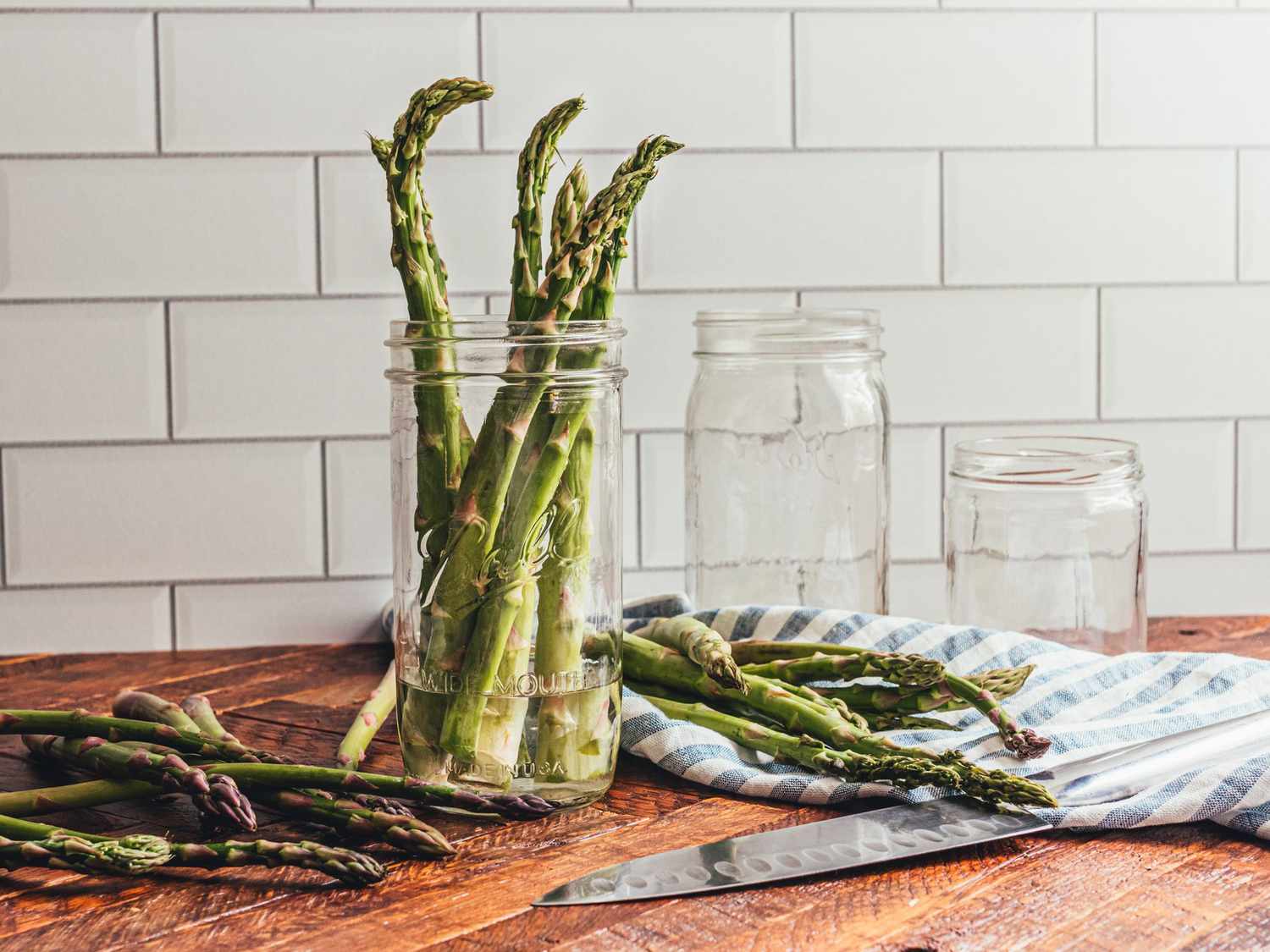
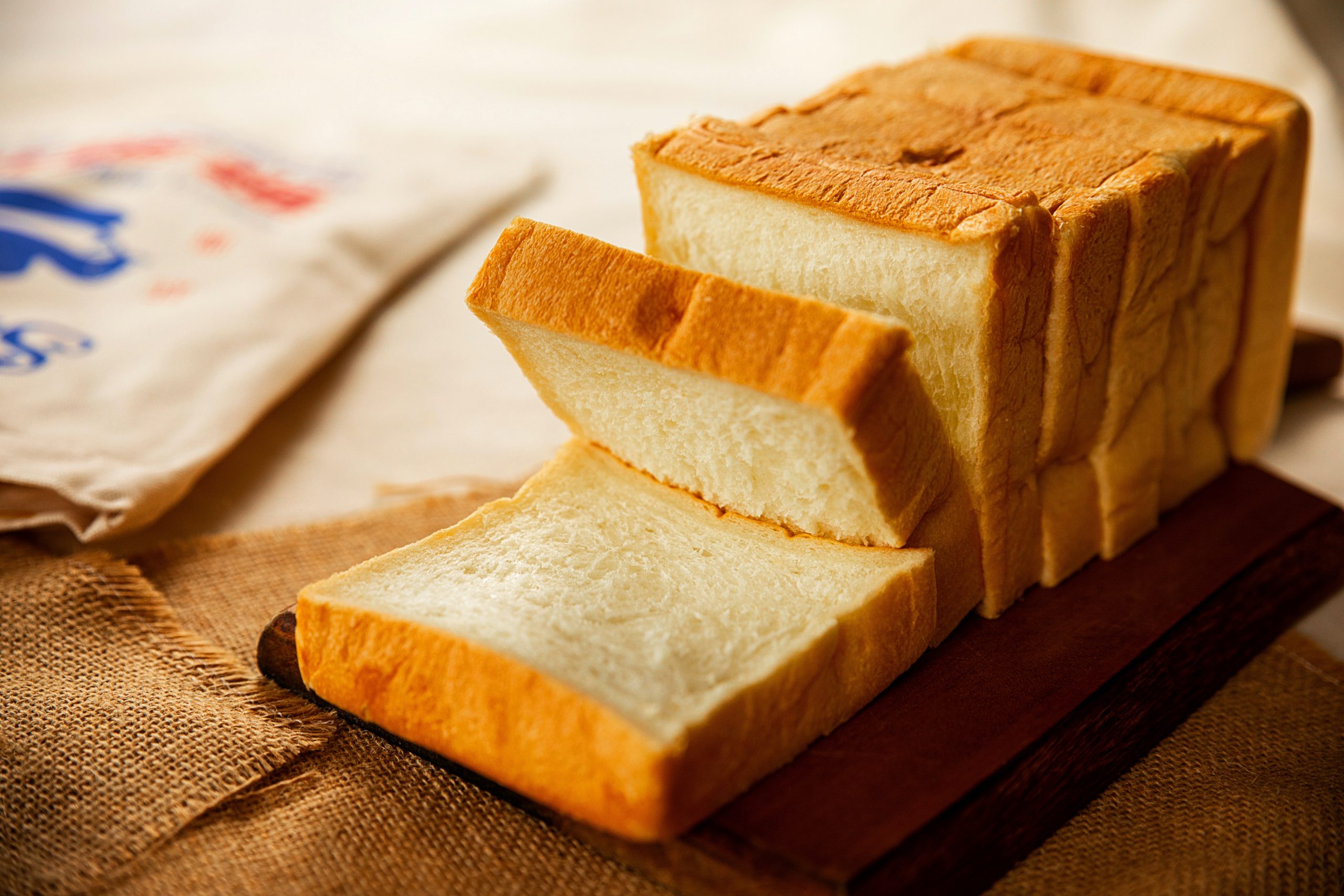
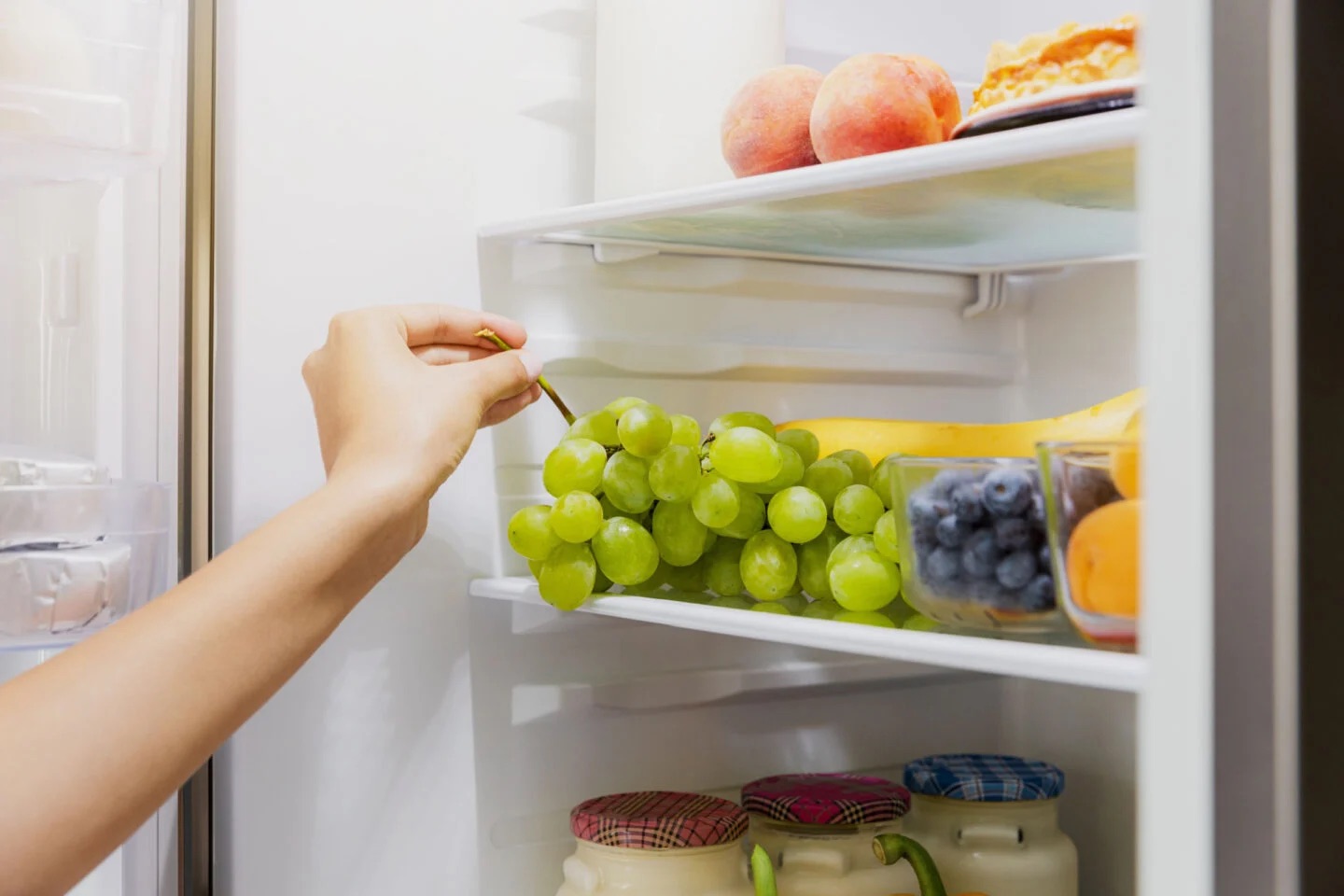
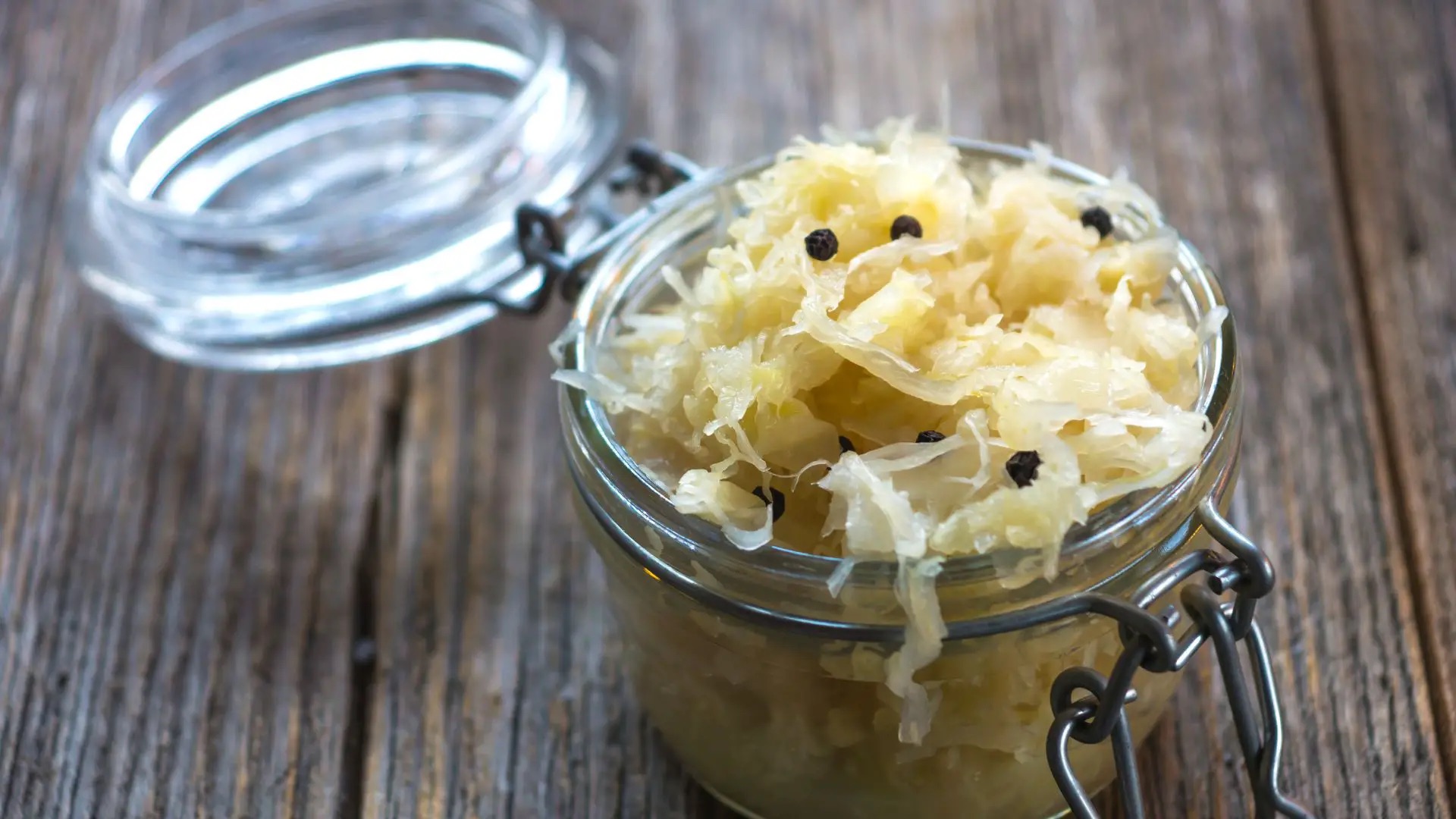
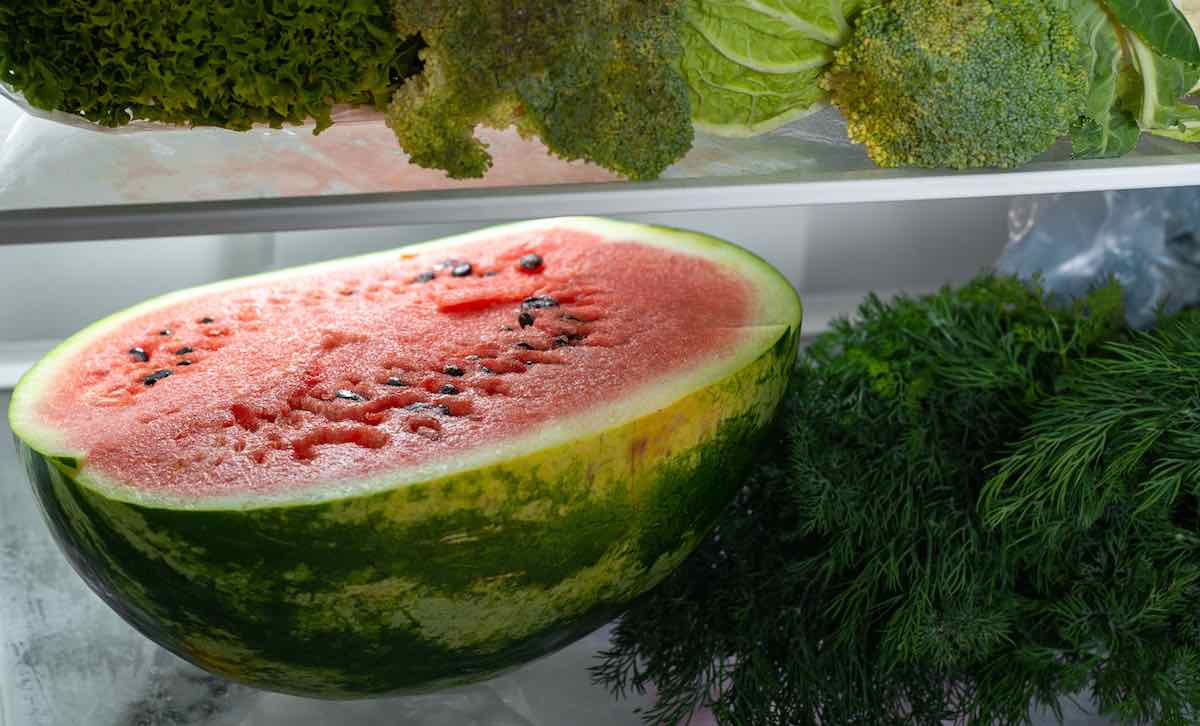
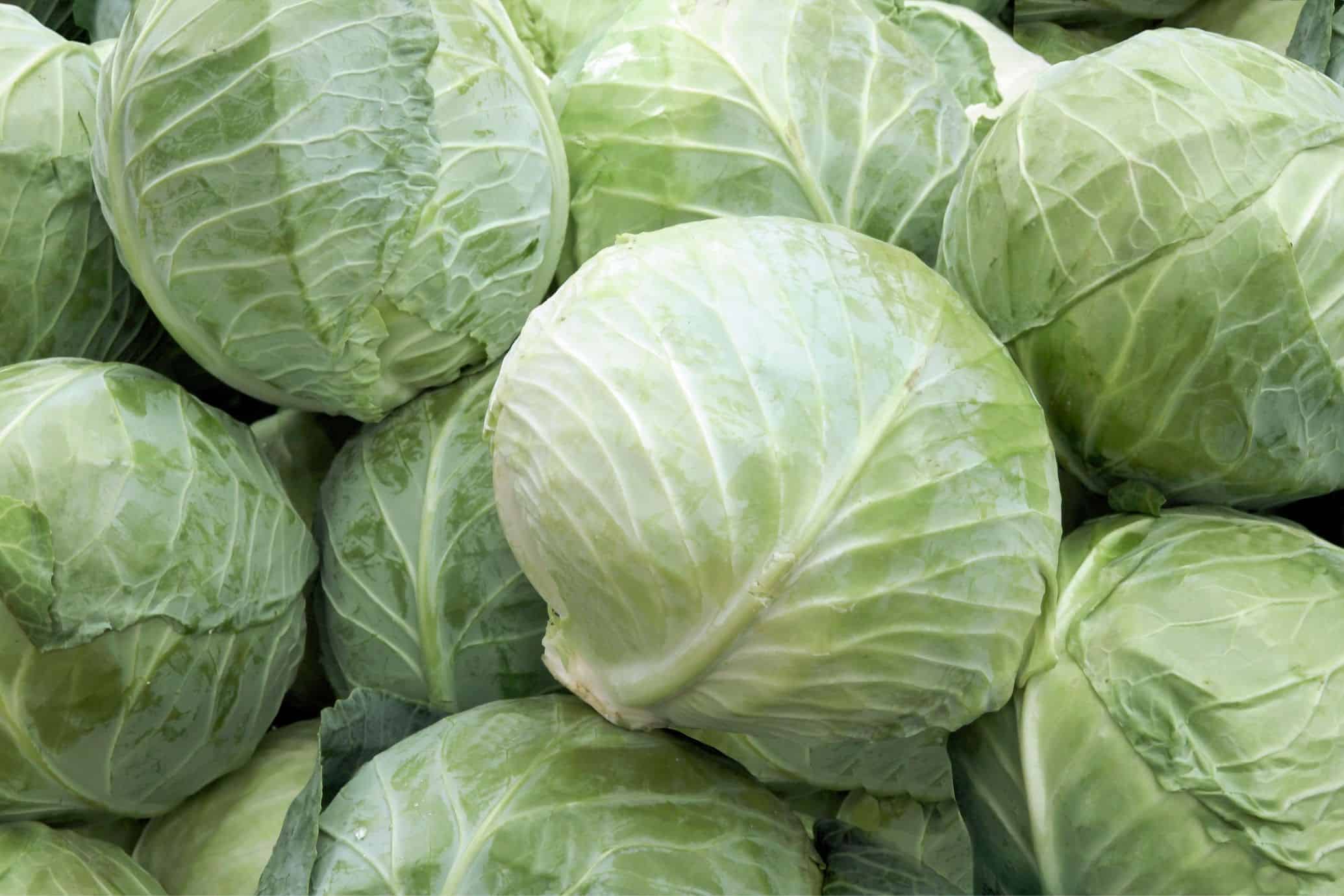

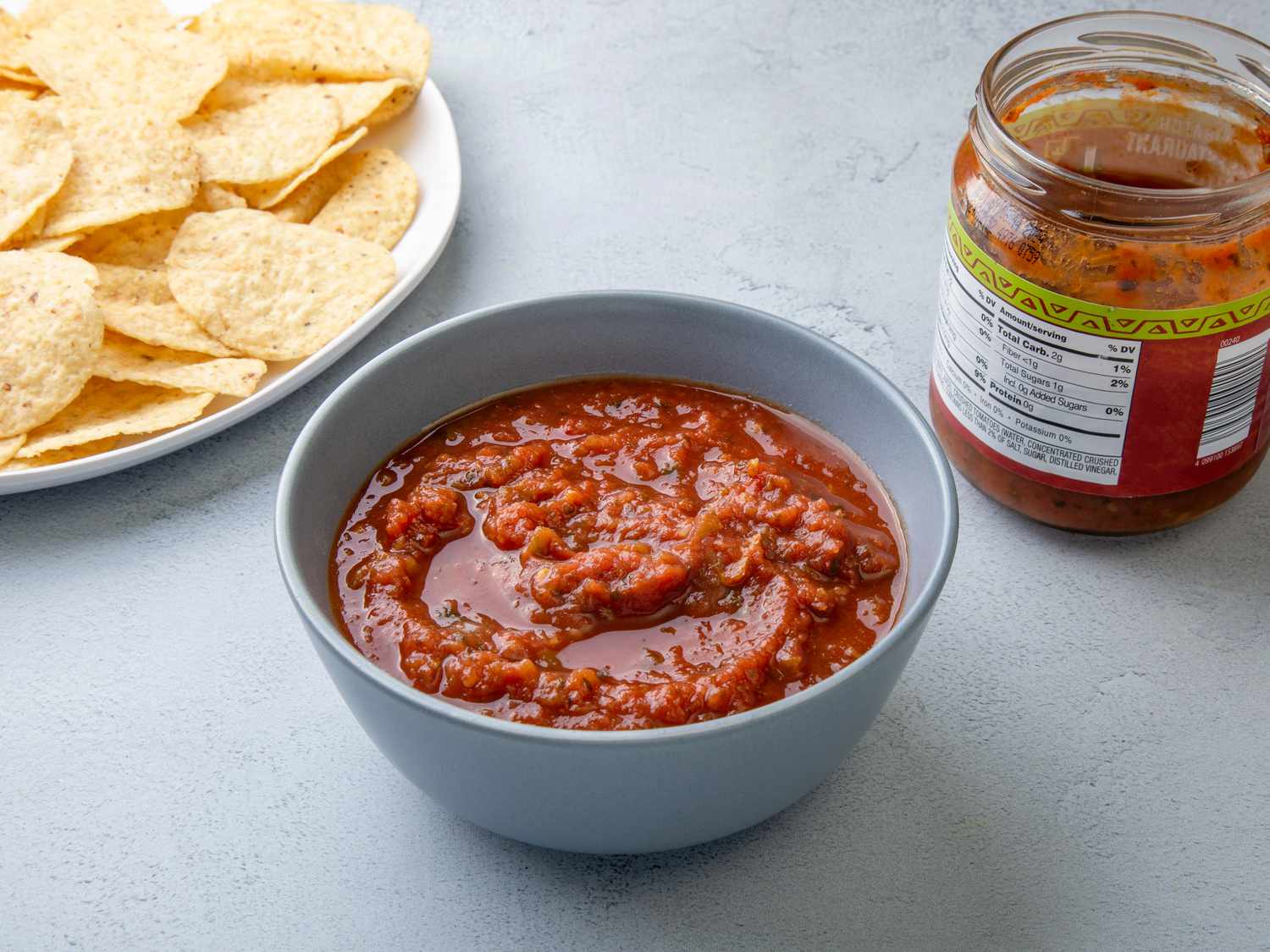
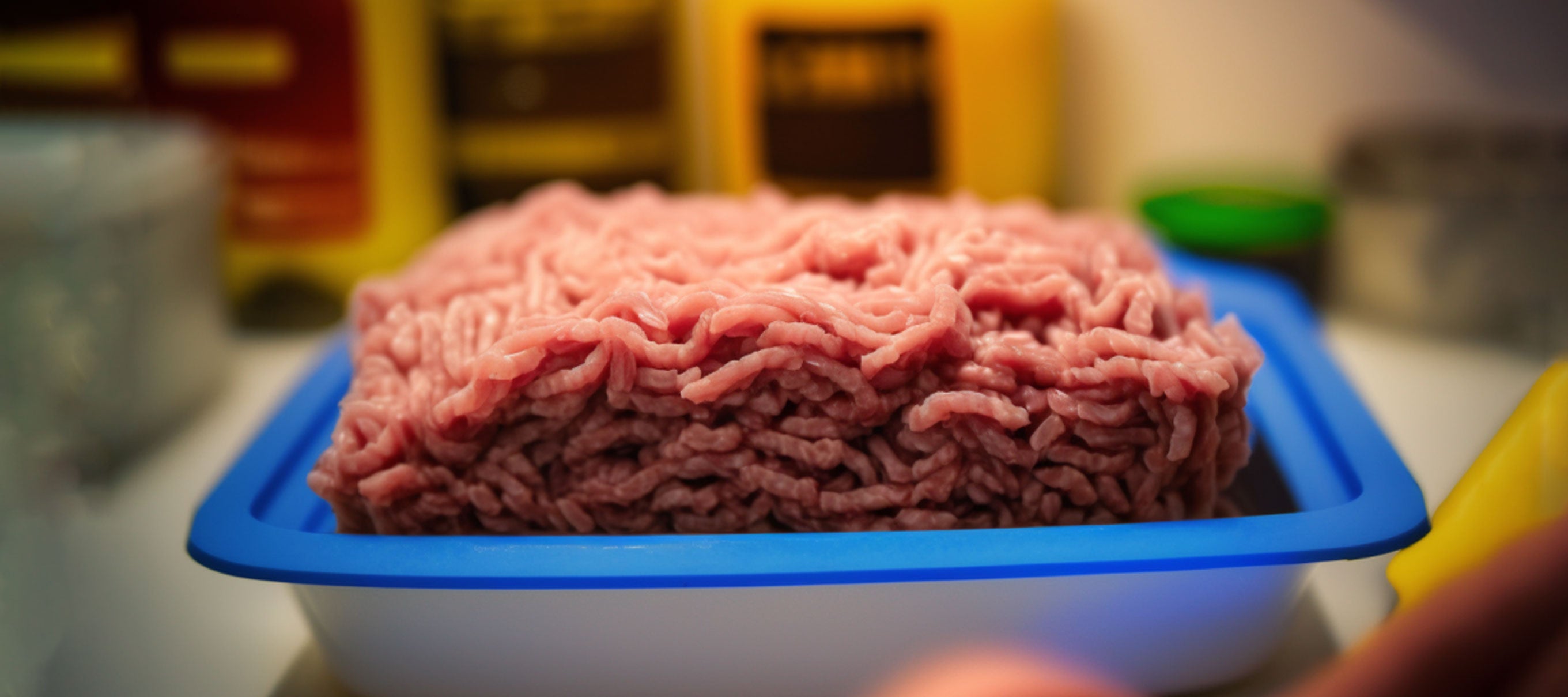
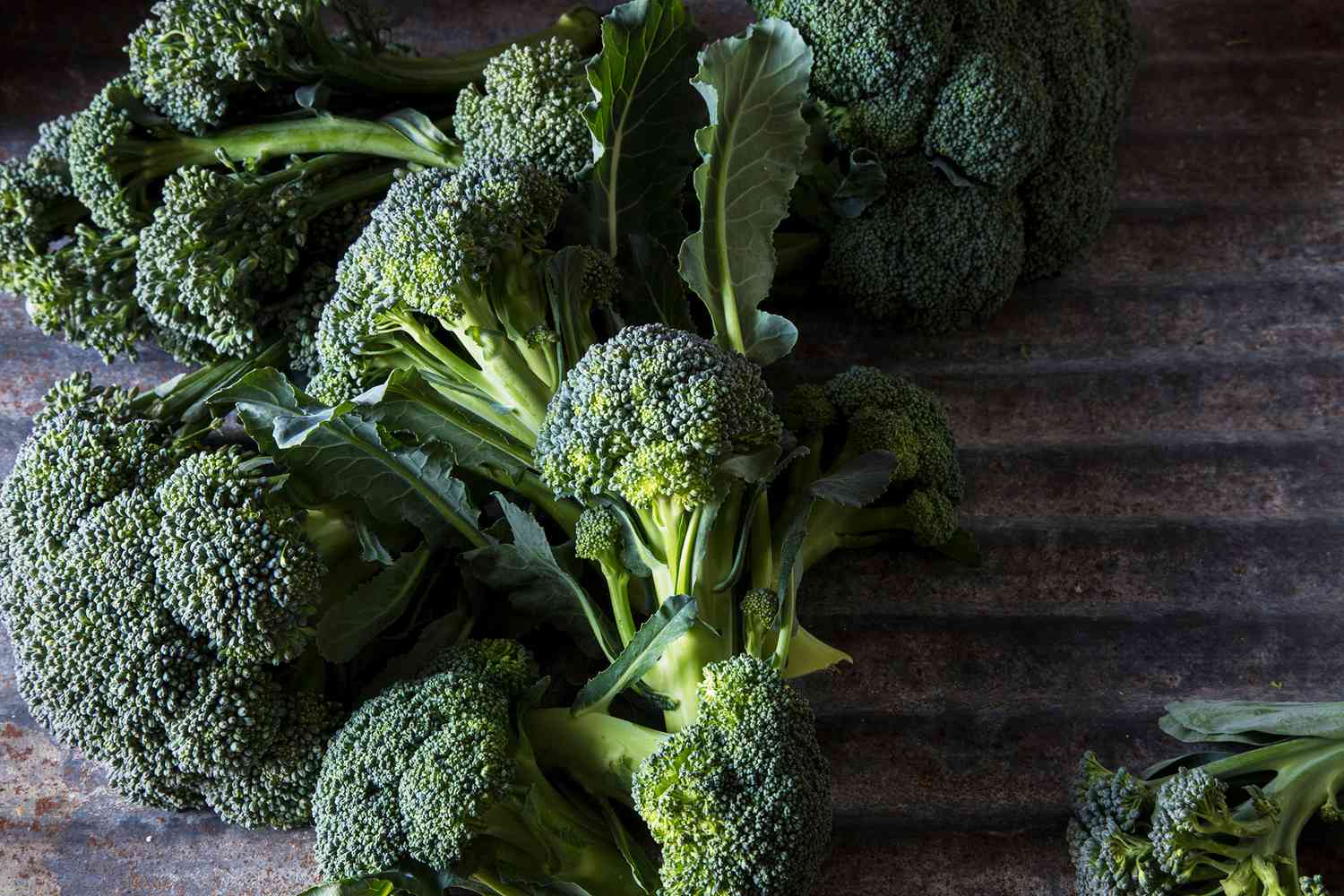
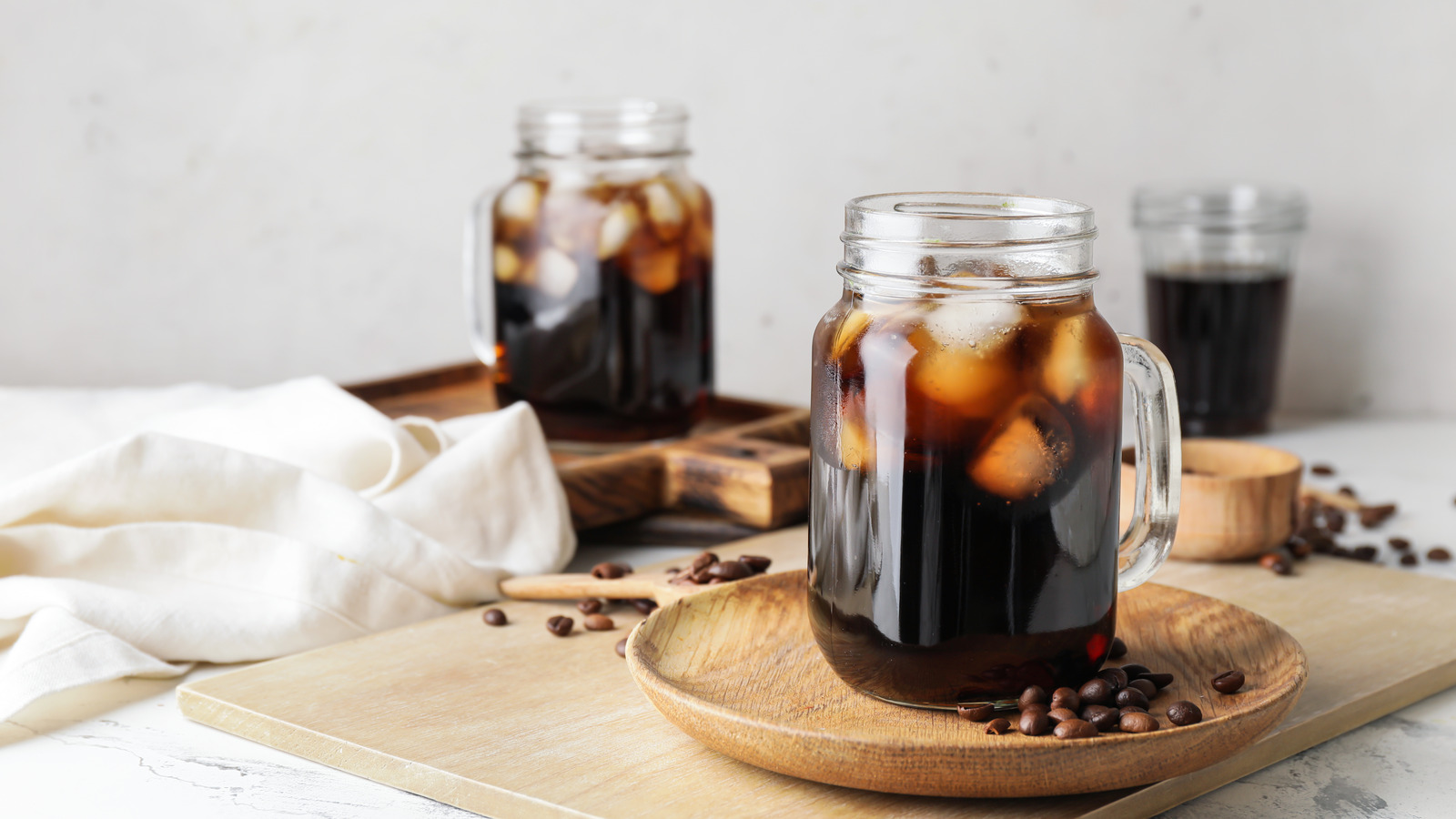
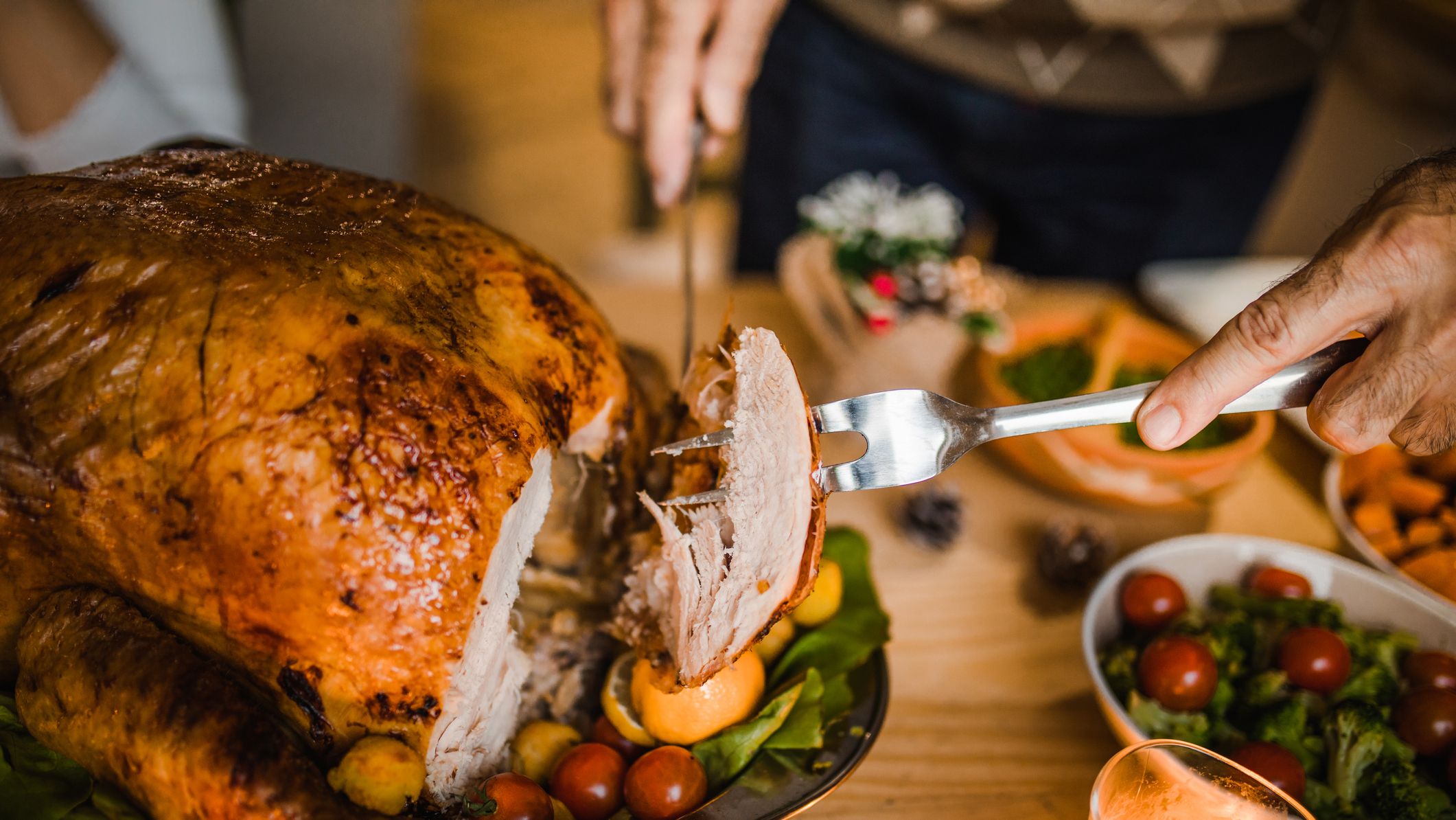
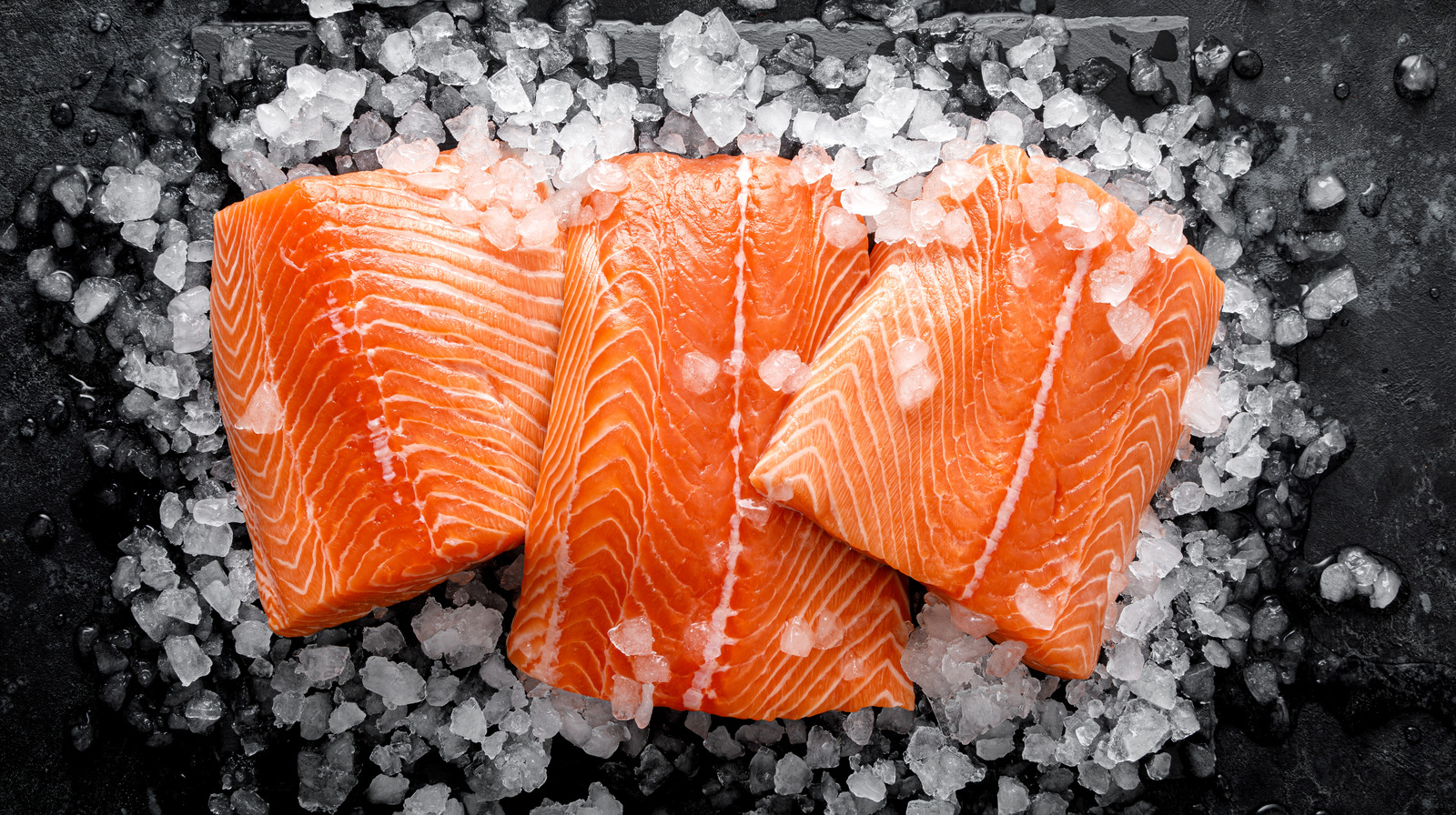

0 thoughts on “How Long Does Cooked Bacon Last In Refrigerator”